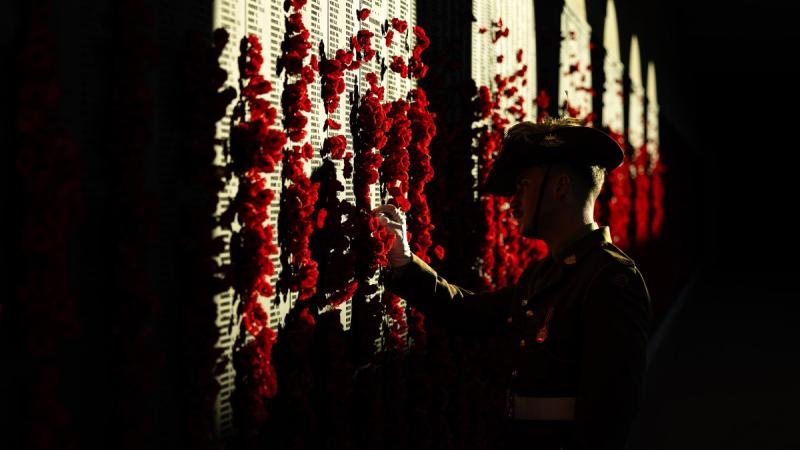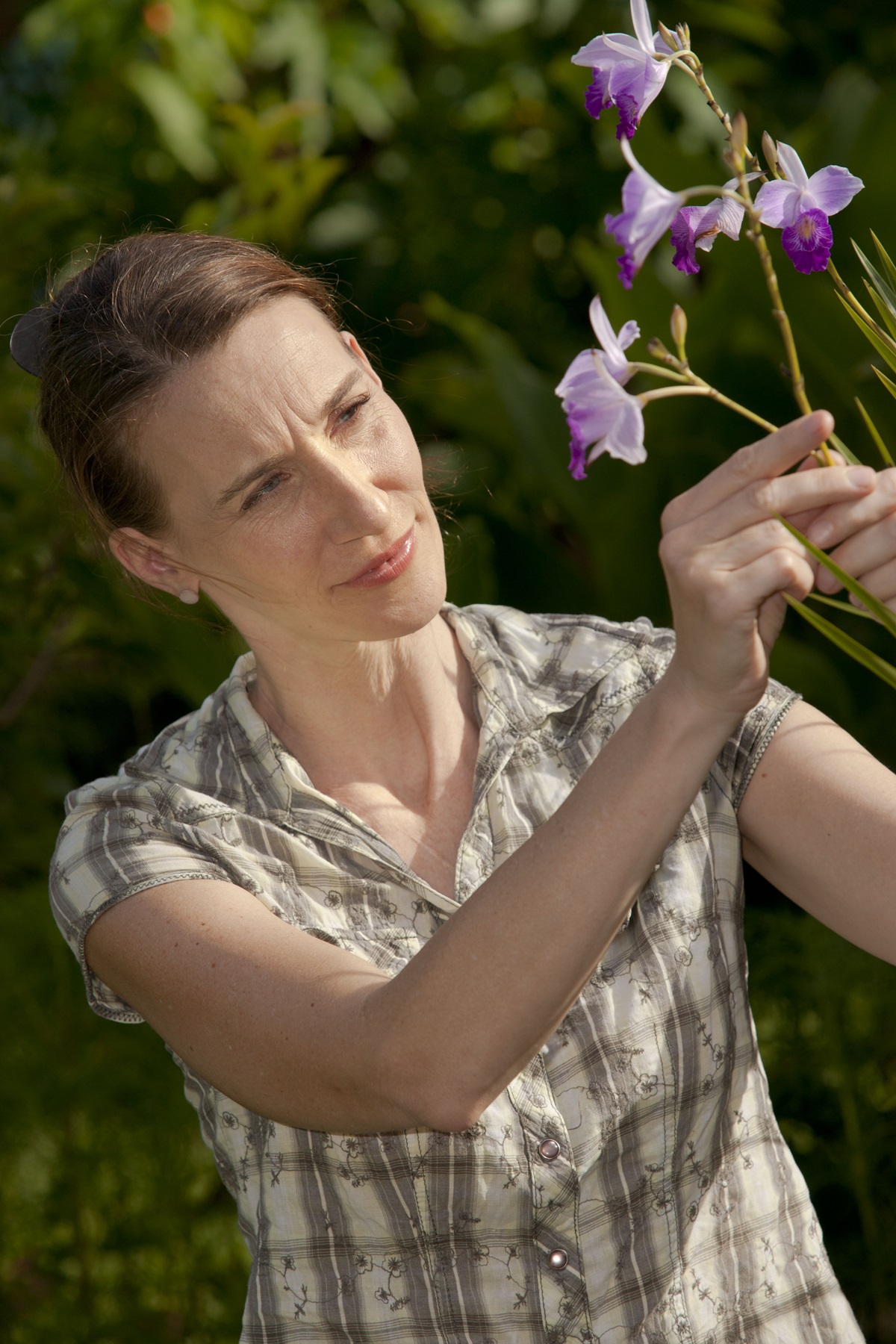LAURA JAYES: Joining me now is Australian Border Force Commissioner Michael Outram. Thanks so much for your time, Commissioner. We’ve been told- well we have been told, some of us, to self-isolate. All international travellers will have to do so for 14 days. What is ABF’s role in all of this and how can we be assured that people will actually do us there?
MICHAEL OUTRAM: Yeah. Good morning, Laura. So the ABF’s role is a multiple role really. First of all, working with airlines. Obviously all through yesterday afternoon and last night to make sure that airlines are fully aware of the Government’s policy position and how we’re going to implement it. And they’ve also been fantastic, the airlines, in getting advice to passengers overnight who were landing in Australia so that we could implement the measure as of midnight and that was done very effectively. We’ve also managed to reprogram our smart gates for midnight last night so that all travellers coming into Australia using a smart gate are being asked a question about whether the quarantine provisions and their consent to do them. And then our officers at the back of the baggage hall who collect those inbound passenger cards are actually engaging with passengers, asking the question about is that the address and do they understand the provisions. So that’s what we’ve done overnight.
In relation to will people comply with the provisions, let me say that throughout this entire COVID-19 episode since January, the travelling public have been fantastic and there’s been an overwhelming level of compliance. Most people in our community want to do the right thing by each other, by their families and so they’re complying by and large. So I’m really confident that going forward they’ll continue to comply. As you heard yesterday, though, for the odd people that may decide not to do that, each of the health- health bodies in the states and territories have their own legislation that they can use if necessary to back that up.
LAURA JAYES: The ABF- since we last spoke just a fortnight ago, a lot’s happened between now and then, Commissioner. Have you had to detain anyone forcibly because they were unwilling to ? Have you seen a drop in overseas travellers?
MICHAEL OUTRAM: So no, we haven’t forcibly detained anybody. We’ve, since this whole thing started, we’ve actually, in overseas airports, managed to prevent about four or five hundred people getting on flights to Australia because they were captured by those travel bans that were implemented previously and we’ve cancelled the visas of about 30 people at the Australian border. So compliance has been very, very high. A number of people of course have been through the enhanced screening measures and they’ve ended up in hospital, about 100 or so of those, but they’ve all tested negative so far as I understand it.
Sorry, what was your second question, Laura?
LAURA JAYES: The second question was the number of passengers actually coming into Australia, have you seen a marked drop in actually people coming here in the first place, deciding not to do that and therefore, you know, has your staff been able to manage that?
MICHAEL OUTRAM: Yes. So there has been a drop, probably about overall 20 per cent the number of passengers coming to Australia in the last few weeks presumably as a result of the outbreak and the restrictions that we’ve put on. Overnight, we had another three flight cancellations in fact into Sydney and I think we can probably now, as a result of this measure, expect to see that trend continue because what the effect of this measure is that we’re saying to passengers only travel unless it’s- if it’s absolutely necessary.
LAURA JAYES: Yes. And that message is absolutely loud and clear at the moment. Can I ask you as well- because this is the question people at home are perhaps scratching their head about that when people arrive at say international airports, Sydney, Melbourne, wherever it is, they’re asked to go into self-isolation at home or at a hotel, but what happens when they actually leave the airport get into an Uber or a taxi. I mean, are you concerned about there being a bit of a gap in measures there?
MICHAEL OUTRAM: Yes. This is about managing risk. The alternative would be that we stop all travel or that we put everybody arriving into the Australian border into kind of a quarantine type is just not possible or practical. We want to keep the border open because obviously a lot of our essential goods and services rely on those aeroplanes coming to Australia. They’re bringing air cargo, mail as well as passengers. So we’ve got to keep those flights going is the first point.
Secondly, we just don’t have enough masks and other things to provide every- every traveller with a mask- 40,000 people a day roughly to go on their way. Those stocks of masks are really important for frontline Border Force, police, health workers and so on and so forth. That’s the first point I would make. Secondly, everything we’re doing is based on advice from the health professionals, Dr Brendan Murphy at the Commonwealth level and his colleagues in all the states and territories. Most of these passengers coming off the airplanes are a very low risk but they are provided- being provided with guidance and advice about how they should conduct themselves, even on public transport. There’s actually a fact sheet available on the Department of Health website about exactly that point. So they’re very low risk.
What we’re doing here is, of course, trying to slow down the arrival and the transmission of this virus yesterday, we can’t stop it getting here. We can’t prevent all passengers arriving here are pre-symptomatic not having the virus, but provided they follow those health protocols, the risks of further infection are very, very minimal. And of course the self-quarantine is very important because as we know, this virus can take several days before it becomes symptomatic and people can be of course- contract the disease from other people for a day or two before they become symptomatic. But by and large, we’re going to reduce quite significantly the number of infections that are caused by people arriving from overseas.
LAURA JAYES: And just quickly, your personnel – the men and women on the frontline, are they adequately protected?
MICHAEL OUTRAM: Yeah. So I mean we’re really very obviously very focused on the wealth- the health and the well-being of our frontline workers and we have been since this started in January and since then, we’ve been providing a lot of guidance, a lot of procedures and of course personal protective equipment for our Border Force officers. Obviously, hand hygiene has been critical in this and they’ve got hand sanitisers and all those sorts of things available to them in all airports.
So we’ve been very focused on this for several weeks now. And you’d say that so far, we’ve been very successful in protecting our workforce because they’re following that advice from the Health Department, from the health professionals and using that equipment. And as long as I think we continue to do that, then our
people will stay safe.
LAURA JAYES: Michael Outram, Border Force Commissioner. Thank you for your time.
MICHAEL OUTRAM: Thank you, Laura.








